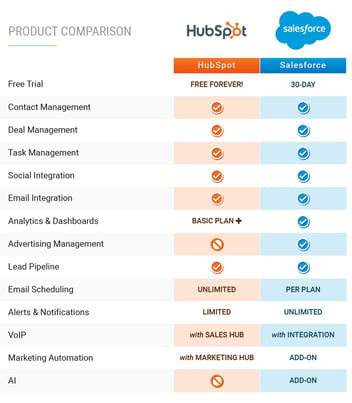Implementing a customer relationship management (CRM) system is a strategic decision that can revolutionize the way you manage customer interactions and drive business growth. However, successful CRM implementation requires careful planning and consideration. In this blog post, we'll explore the key factors to consider when implementing a CRM system to help you achieve optimal results.
Section 1: Defining Your Objectives
- Identify your goals: Discuss the importance of clarifying your objectives before selecting and implementing a CRM system.
- Analyze your current processes: Explain the significance of evaluating existing processes to identify pain points and areas for improvement.
Section 2: Choosing the Right CRM Solution
- Assess your business requirements: Discuss the importance of aligning CRM features with your specific needs, such as lead management, sales automation, or customer service.
- Evaluate scalability and flexibility: Highlight the significance of choosing a CRM system that can grow with your business and adapt to future needs.
Section 3: Integration with Existing Systems
- Consider your tech stack: Discuss the importance of integrating the CRM system with other existing tools, such as email marketing, project management, or e-commerce platforms.
- Evaluate data migration: Explain the challenges and best practices for migrating existing customer data to the new CRM system.
Section 4: User Adoption and Training
- Create a user-centric approach: Discuss strategies for ensuring user buy-in and engagement, such as involving employees in the selection process and providing training sessions.
- Offer ongoing support: Highlight the importance of providing continuous support and resources to users to maximize CRM utilization.
Section 5: Data Security and Compliance
- Prioritize data protection: Discuss the significance of implementing robust security measures to safeguard customer data and ensure compliance with relevant regulations.
- Address privacy concerns: Explain how to handle customer consent, data access controls, and data retention policies.
Conclusion: Implementing a CRM system can be a game-changer for your business, but it requires careful planning and execution. By considering factors such as objectives, CRM selection, integration, user adoption, and data security, you can set yourself up for CRM success and unlock its full potential in driving customer satisfaction and business growth.





Leave a Comment